Probiotics
Probiotics Probiotics are live micro-organisms that, when administered in adequate amounts, confer a health benefit on the host (FAO/WHO, 2001). The composition of the intestinal microflora is recognised as a major determinant of the well-being of the host (Vandenplas et al, 2011). Human breastmilk contains probiotics as well as hundreds of different types of prebiotic oligosaccharides. Cows’ milk contains virtually none (Teitelbaum and Walker, 2002). In their efforts to provide infant milks that mimic the bifidogenic activity of breastmilk, many manufacturers have supplemented their infant milk products with prebiotics and/or probiotics. The rationale for their use in infant milks is that they may be capable of modifying the balance of intestinal microflora in favour of commensal (beneficial) bacteria over pathogenic bacteria, which it is suggested may offer a protective effect against some common childhood infections. Studies available to support the use of probiotics alone, or in combination with prebiotics (synbiotics) in infant milks, vary greatly in respect of quality, the bacterial strains used, dose and outcomes measured.
There has generally been considered to be insufficient evidence to recommend the addition of probiotics to infant feeds for prevention of allergic disease, food hypersensitivity or diarrhoea (Osborn and Sinn, 2007; Szajewska and Mrukowicz, 2001). The most recent research used to support the use of synbiotics in follow-on formula milks comes from a randomised control trial in healthy term infants aged 6 months to 1 year. This study reported that infants who consumed follow-on formula milk supplemented with prebiotic oligosaccharides and the probiotic bacteria Lactobacillus fermentum (CECT5716) had fewer incidences of gastrointestinal and upper respiratory tract infections and an overall reduction in incidences of infectious diseases compared to infants who consumed a formula containing only prebiotic oligosaccharides (Maldonado et al, 2012). A further study sponsored and co-written by Hipp Organic, designed to examine the safety and tolerance of this formula in infants from 1 to 6 months of age, found a reduction in incidence of gastrointestinal infections only (Gil-Campos et al, 2012).
In a systematic review of randomised control trials (RCTs) that compared the use of infant or follow-on formula milks supplemented with probiotics and/or prebiotics, the ESPGHAN Committee on Nutrition noted that, whilst there was some evidence available to suggest an association between the use of specific probiotics in infant milk and a reduction in the incidence of gastrointestinal infections and antibiotic use, there was too much uncertainty to draw reliable conclusions. Where infant milks were supplemented with synbiotics, the committee found that the quantity of data from RCTs was too sparse and again concluded that there was too much uncertainty to draw reliable conclusions. The routine use of probiotic supplements in infant milk for infants was not recommended. Whilst the committee found no evidence for adverse effects of probiotic use in products for infants, they did raise some specific concerns:
“First, timing, that is, the administration often begins in early infancy, sometimes at birth when the gut microbiota is not fully established, and factors that influence microbiota may permanently affect the development of the ecosystem. Second, duration, that is, the daily administration of such products is often prolonged (several weeks or months). Last but not least, delivery is in the form of a specific matrix (infant formula) that could be the only source of feeding of an infant.” (Braegger et al, 2011)
Hipp Organic has been the only one of the market-leading infant milk companies to try and add probiotic bacterial strains to their infant milks. However, in spring 2013 the Department of Health informed Hipp that it did not approve of the addition of probiotic bacteria to their powdered formula. The Department of Health requested additional information on the suitability of the bacterial strain for nutritional use in infant foods and reiterated that the manufacturer’s instruction for reconstitution at 40-50ºC was at variance with Department of Health recommendations that all standard infant formula powders should be reconstituted at 70ºC. Hipp Organic formula marketed in the UK make no claims for added probiotics and have labelling instructions in line with UK recommendations. The placing on the market and subsequent removal of milks supplemented with probiotics highlight the need for more stringent regulatory frameworks around the addition of optional ingredients to infant milks.
EFSA (2014) has reiterated in their Scientific opinion on the essential composition of infant and follow-on formulae that there is no benefit to infant health from adding probiotics or synbiotics (prebiotics and probiotics) to infant or follow-on formula.
References
Braegger C, Chmielewska A, Decsi T, et al (2011). Supplementation of infant formula with probiotics and/or prebiotics: a systematic review and comment by the ESPGHAN Committee on Nutrition. Journal of Pediatric Gastroenterology and Nutrition, 52 (2), 238-250.
European Food Safety Authority (2014). Scientific opinion on the essential composition of infant and follow-on formulae. EFSA Journal, 12 (7), 3760. Available at http://www.efsa.europa.eu/en/efsajournal/doc/3760.pdf
Gil-Campos M, Ángel López M, Rodriguez-Benítez V, et al (2012). Lactobacillus fermentum CECT 5716 is safe and well tolerated in infants of 1-6 months of age: a randomized controlled trial. Pharmacological Research, 65, 231-238.
Maldonado J, Cañabate F, Sempere L, et al (2012). Human milk probiotic Lactobacillus fermentum CECT5716 reduces the incidence of gastrointestinal and upper respiratory tract Infections in infants. Journal of Pediatric Gastroenterology and Nutrition, 54 (1), 55-61.
Osborn DA, Sinn JKH (2007). Probiotics in infants for prevention of allergic disease and food hypersensitivity. Cochrane Database of Systematic Reviews. Issue 4. Art. No.: CD006475. DOI: 10.1002/14651858.CD006475.pub2
Szajewska H, Mrukowicz J (2001). Probiotics in the treatment and prevention of acute infectious diarrhea in infants and children: a systematic review of published randomized, double-blind, placebocontrolled trials. Journal of Pediatric Gastroenterology and Nutrition, 33 (suppl. 2), S17-S25.
Teitelbaum J, Walker W (2002). Nutritional impact of pre-and probiotics as protective gastrointestinal organisms. Annual Review of Nutrition, 22, 107-138.
Vandenplas Y, Veerman-Wauters G, De Greef E, et al (2011). Intestinal microbiota and health in childhood. Bioscience Microflora, 30 (4), 111-117.
